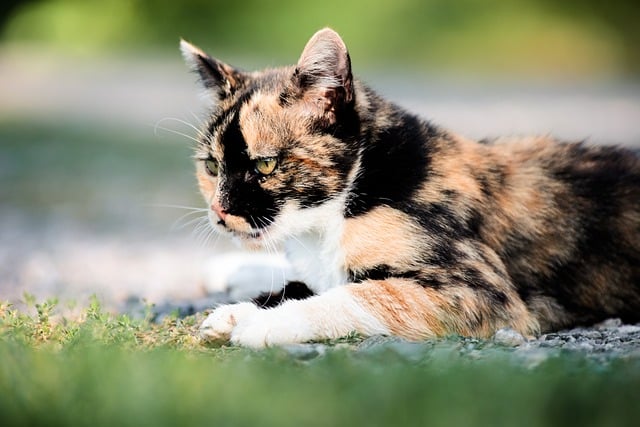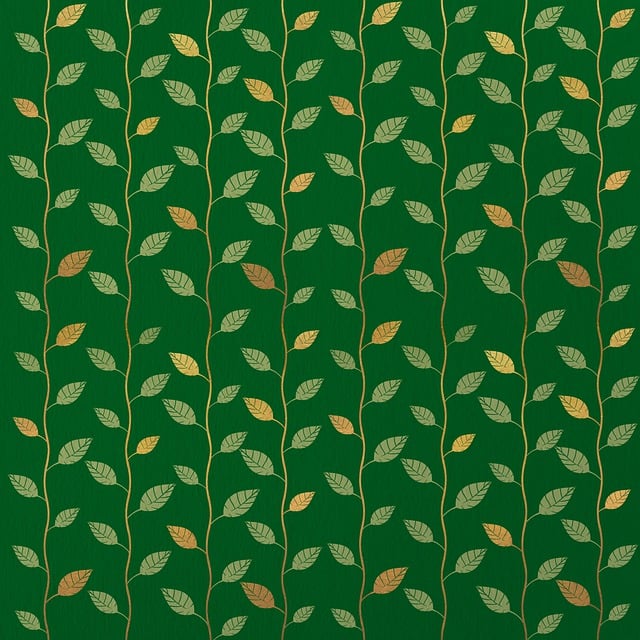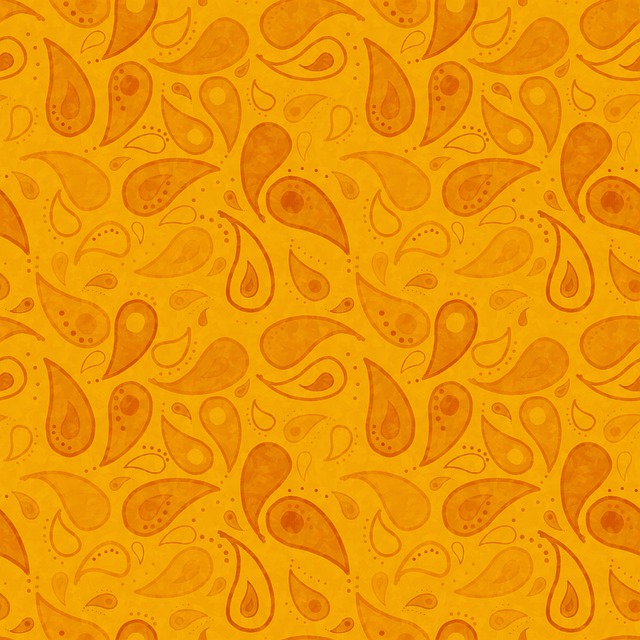the plural of dice 🎁 Unveiling the Complexity of the Plural: A Deep Dive into the World of Dice

Unveiling the Complexity of the Plural: A Deep Dive into the World of Dicethe plural of dice

In the rich tapestry of the English language, few words evoke as much confusion, amusement, and intrigue as the term “dice.” Despite its seemingly simple nature, the pluralization of this word reveals a fascinating interplay between history, linguistics, and cultural perception. As we peel back the layers of this linguistic phenomenon, we uncover not only the nuances of the term itself but also the broader implications it has on our understanding of language and communication.
At first glance, the word “die” emerges as the singular form of the more commonly used “dice.” This distinction is often overlooked by casual speakers and writers, who tend to use “dice” as both singular and plural. However, it is crucial to recognize that “die,” derived from the Old French “dé” and ultimately from the Latin “datum,” carries with it a rich history that reflects the evolution of gaming and chance through the ages. The singular term embodies the individual piece of a game that has transcended mere entertainment to become a symbol of fate and fortune.the plural of dice
The pluralization of “dice” raises questions about the fluidity of language and its capacity for adaptation. While some might argue that language should adhere strictly to its historical roots, the contemporary usage of “dice” as a plural form showcases the dynamic nature of linguistic evolution. This shift can be attributed to a variety of factors, including the democratization of language in an increasingly globalized world, where diverse dialects and vernaculars intermingle, leading to the blurring of traditional grammatical boundaries.the plural of dice
Moreover, the term “dice” has taken on a life of its own within popular culture, permeating various facets of society—from gaming conventions to cinematic portrayals of chance and risk. The plural form is now so ingrained in everyday language that it often eclipses the singular “die,” leading to an interesting contrast between formal linguistic correctness and colloquial acceptance. This divergence highlights the tension between prescriptive and descriptive approaches to language, illustrating how social practices can shape our understanding of what is considered “correct” usage.the plural of dice

In a world where communication is paramount, the debate surrounding the plural of dice invites us to reflect on the broader implications of language in our lives. The evolution of terms like “dice” serves as a microcosm for the ever-changing landscape of human expression. As societies grow and cultures intersect, language inevitably transforms, accommodating new influences and accommodating the needs of its speakers. This adaptability speaks not only to the resilience of language but also to the richness of the human experience.
The passionate engagement with the plural of dice extends beyond mere grammatical concerns; it taps into the essence of what it means to communicate effectively in an increasingly complex world. As we navigate this linguistic labyrinth, it becomes apparent that the way we express ourselves shapes our understanding of the world around us. The choice between “die” and “dice” is but a small yet significant reflection of our broader relationship with language—a relationship that is constantly evolving, just as we are.
In conclusion, the pluralization of “dice” is a compelling illustration of the fluidity of language and its capacity to adapt to the whims of culture and society. As we embrace the complexities of communication, it is essential to recognize the significance of such terms in our journey toward understanding and connection. Whether one chooses to adhere to the traditional singular “die” or embraces the modern plural “dice,” the beauty lies in the conversation itself—a dialogue that continues to evolve, reflecting the vibrant tapestry of human expression. As we roll the dice in our own lives, let us celebrate the rich nuances of language that shape our stories, our interactions, and ultimately, our shared humanity.the plural of dice
Fale conosco. Envie dúvidas, críticas ou sugestões para a nossa equipe através dos contatos abaixo:
Telefone: 0086-10-8805-0795
Email: portuguese@9099.com


